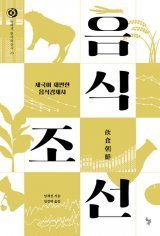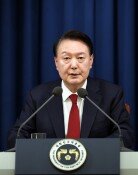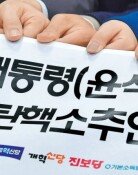Japan's food extortion during colonial rule reduced Koreans’ nutritional health
Japan's food extortion during colonial rule reduced Koreans’ nutritional health
Posted August. 01, 2024 08:21,
Updated August. 01, 2024 08:21

During Japanese colonial rule, Japan took cattle from colonial Joseon. After World War I, around 40,000 to 60,000 cattle were taken to Japan every year. Most were two or three years old and used for farm work for four or five years before being slaughtered and consumed as beef. From the 1920s to the early 1930s, the proportion of Joseon cattle accounted for 15% of cattle raised in Japan.
However, cattle in Joseon dwarfed in size. According to the ‘Joseon Livestock Hygiene Statistics’ of the Police Bureau of the Government-General of Korea, Joseon cows, which weighed 224 kilograms in 1930, decreased by about 17% to 185 kilograms in 1942. The weight of bulls decreased by about 27% from 377 kilograms to 277 kilograms.
Such information was published in ‘Food Joseon’ by Lim Chae-seong (age 55, photo), a professor of economics at Rikkyo University in Japan, on June 22. “Cows brought from Joseon were popular in Japan because they endured hard work and were not picky in eating,” Lim said. With quality cattle taken to Japan, cattle in Joseon shrunk in size.”
The book examines changes in the food culture of both Joseon and Japan through the production, distribution, and consumption of food items during the Japanese colonial period. It was first published in Japan in 2019, with the Korean version issued this year. The book uses data analysis to describe how traditional Joseon foods were exported to Japan or how new foods that had not existed in Joseon were introduced during the Japanese colonial period.
However, food exchange between Korea and Japan during the Japanese rule was unequal. With high-quality food ingredients taken to Japan, Koreans’ nutritious health deteriorated. By the mid-1940s, the per capita calorie supply index for Koreans (based on grains and potatoes) had fallen to half of what it had been 20 years ago. During the same period, the average height of adult males also declined by 1 to 1.5 centimeters. “At that time, Korea’s population grew, but the nutritional health suffered due to unstable food supply,” said Professor Lim.
사지원 기자 4g1@donga.com







